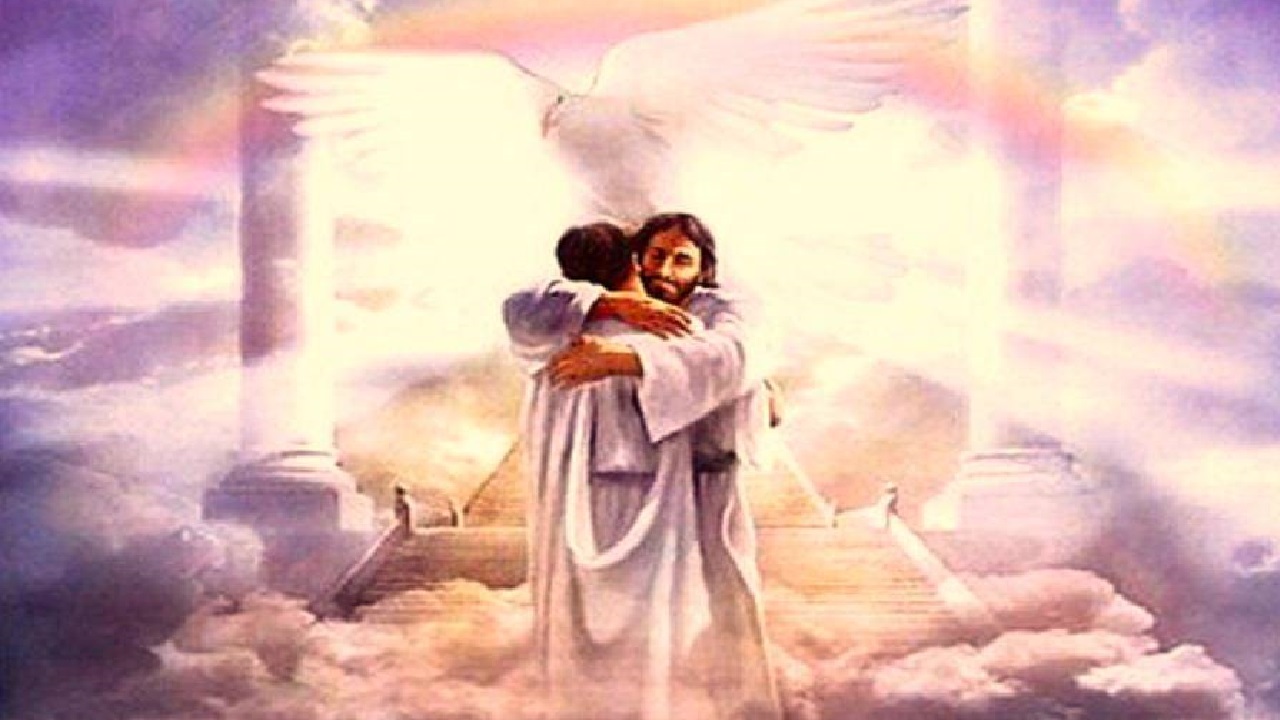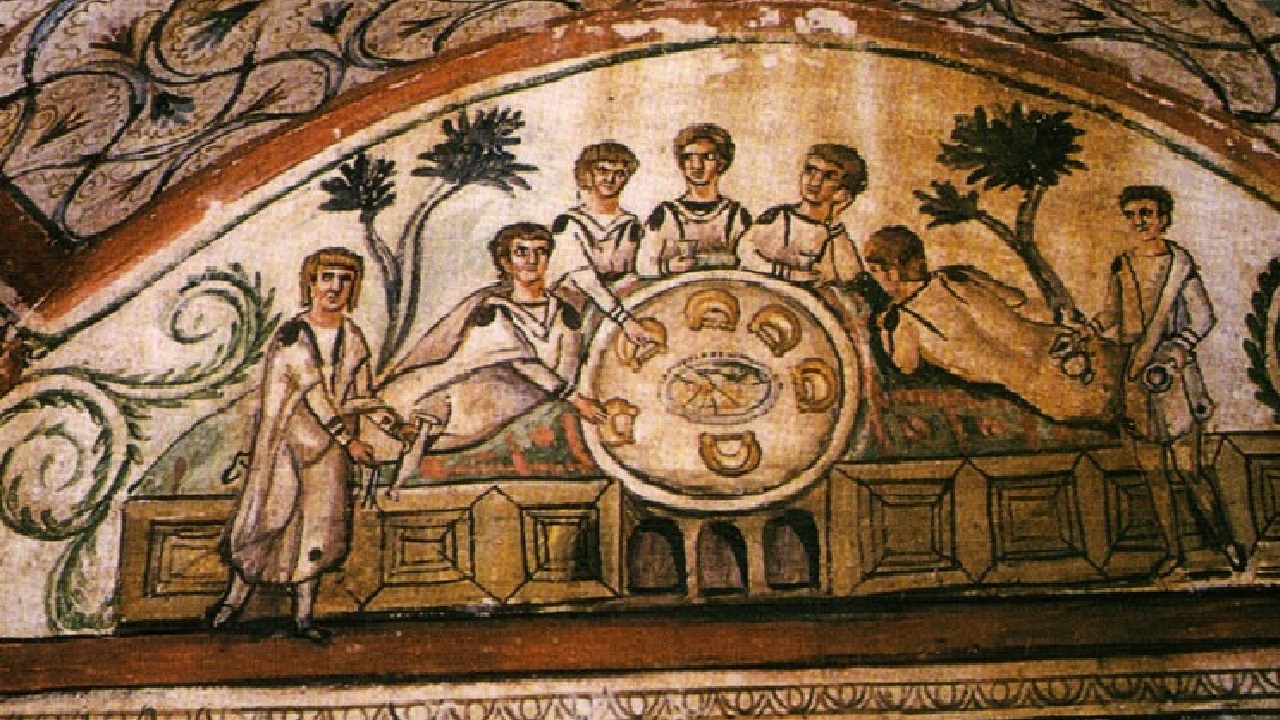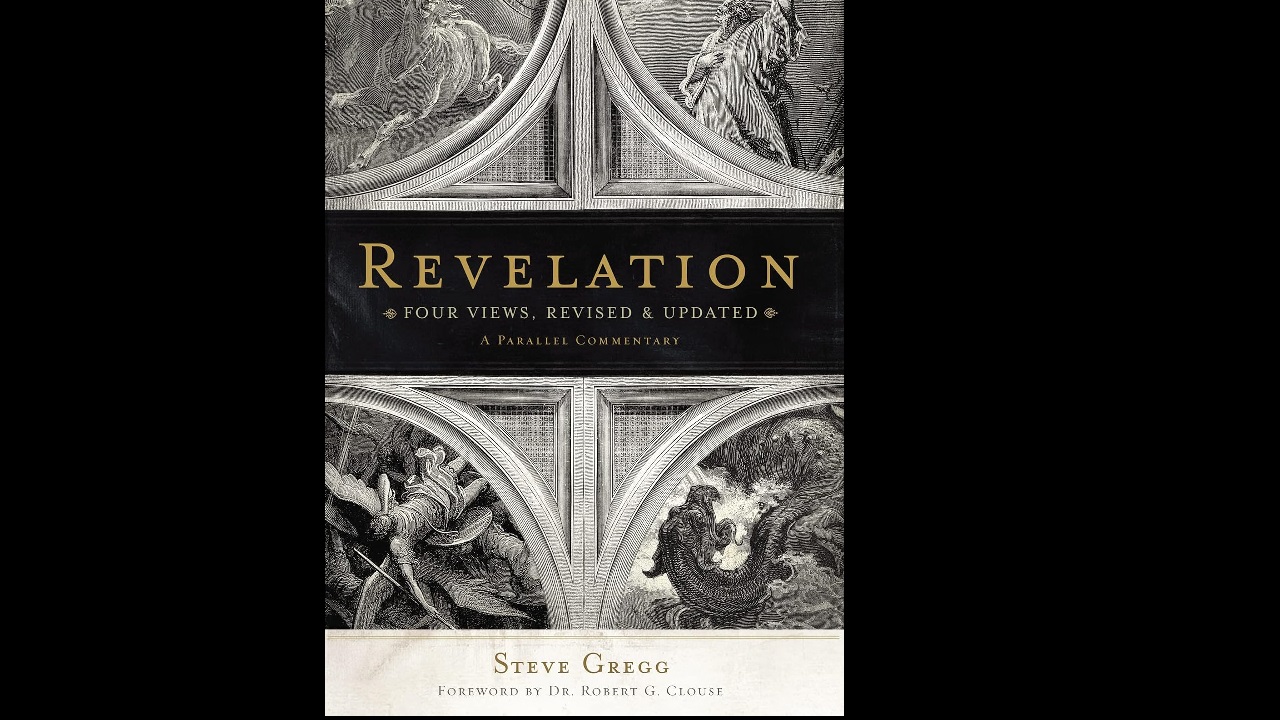Christians often pluck out verses Matthew 21 & 23 from this story when speaking of Christians who have died. Because the prominent belief is that when a “good and faithful” Christian dies, they will hear Jesus say these words as he welcomes their disembodied soul or spirit into heaven. But in fact we will see how in its original context, Jesus is using the story as both a warning and an illustration of the reward Christians will receiver at his parousia, when Jesus establishes the KOG on a restored earth.
First, note how this parable of the talents is couched among many other parables about that coming KOG, starting in Matt 24.
The Fig Tree Lesson (Matt 24:32–35)
- The budding fig tree shows summer is near.
- The point is just as nature shows the certainty of seasonal change, the prophecy by Jesus shows the certainty of his coming Kingdom.
- Message: So always “Be on guard, keep awake” (Mark 13:33).
The Faithful and Wicked Servant (Matt 24:45–51)
- A master goes away and leaves servants in charge.
- The faithful servant is rewarded at the master’s parousia, but the wicked one is punished.
- Message: Stay faithful and ready for his parousia will be unexpected for those who are not.
- NOTE no one can predict the exact day or hour (Matt. 24:36) therefor, Christians must live in constant readiness, showing their loyalty by obedience, service, and perseverance.
The Ten Virgins (Matt 25:1–13)
- Ten bridesmaids wait for the bridegroom.
- Five are wise (they bring oil) and five are foolish (unprepared).
- When the bridegroom comes, only the prepared enter the wedding banquet.
- Message: Be spiritually prepared for Messiah’s parousia.
Context is King
- Jesus is teaching about his future parousia when he will resurrect dead Christians and establish God’s kingdom on a restored earth (Matt 24–25).
- The parables serve as a warning for accountability at his parousia, nothing about Jesus greeting when you get to heaven immediately after you die.
- Instead, he consistently taught about entering into the inheritance of the Kingdom on earth at his parousia (Matt 19:28; Luke 19:11–27).
“Enter into the joy of your master” = sharing in the governance, reign of the master, Messiah.
- The reward is authority over many things (cf. Luke 19:17), which includes the nations, Rev 2.26-27 [cf. Ps 2.8]; 5:10;
- Again, all KOG parables point to the same event, i.e., the yet future parousia of Jesus.
- And to the warning to stay ready, faithful, and fruitful for the day when Jesus comes back, hopefuly to resurrect you [if you’re the dead]; which means you’re not alive;
- Why? Because for the Bible death is the opposite of life!
- In the OT when you die you “return to dust” (Gen 3:19; Ps 6:5, c. 30x in OT), as a result death is described as “the sleep of death,” i.e., meaning no activity (c. 30 times in both testaments)!
Ecclesiastes 9:5,10: “For the living know that they will die, but the dead do not know anything.” “Whatever you find to do with your hands, do it with all your might, because there is neither work nor planning nor knowledge nor wisdom in the grave, the place where you will eventually go.”
2. Jesus and his apostles agreed, the dead are “asleep,” awaiting resurrection (John 11:11–14); NET Bible, John 11:11. This metaphorical usage by its very nature emphasizes the hope of resurrection: Believers will one day “wake up” out of death [Cp. 1 Cor 15:18–23; 1 Thess 4:13–16].
The resurrection is the one and only Christian hope, aka the Christian EndGame! This is the belief across the whole of the scriptures from Dan 12:2 (“Many of those who sleep in the dust of the ground will awake…”); Acts 23:6 (Paul says to the Sanhedrin: “I am on trial for the hope of the resurrection of the dead!”);
Christian Commitment
- Preparatory faithful witness now = for greater responsibility in the age to come;
- Your “obedience of faith” in this life will determine your future role in the kingdom.
- Greg Deuble, They Never Told Me This in Church!
Job understood this basic truth: “And as for me, I know that my Redeemer lives, and at the last He will take His stand on the earth. And though worms destroy this body of skin; yet in my flesh I shall see God: Whom I myself shall behold, and whom my eyes shall see and not another. Oh, how my heart yearns for this!” (Job 19:25-27). Believing the promise of God, Job knows that at the end of this age he will be raised up bodily to behold the glory of God. In the meantime, in death, he will not see the glory of God. Job does not yearn for death so he can immediately go to heaven and see his Redeemer. No, he yearns for the day at the end of the age when he will be resurrected to this glorious new consciousness. Only then will he “see God.” Job is not now seeing God in the glory because he himself is without consciousness in the ground. The heroes of the faith are not in heaven. We all together, both Old and New Testament believers, will be raised “at Christ’s coming [Greek parousia]” (1 Cor. 15:23).
Summary
- Matthew 25:23 is not about what Jesus says to Christians after they “arrive in heaven after death.”
- Instead, it is a parable about what he will say to those who hold on to “the faith of Jesus,” kingdom of God belief, at his parousia to earth.
- The reward is not “going to heaven,” but sharing in the joy and rulership of Messiah in the coming Kingdom.
- James 1:12 and AB footnote:
This is the Christian reward, as everywhere in the NT. The gift is the Life of the Age to Come in the future Kingdom on earth, and rulership with Jesus in that coming Kingdom. The true believers are the royal family of the coming Kingdom in training to supervise and administer the coming age of the Kingdom on earth (see Rev. 2:26; 3:21; 5:10; 20:1-6; Dan. 7:18, 22, 27). There will be surviving mortal nations in the Kingdom who form the subjects of that future Kingdom. Zech. 14 and Isa. 65:17ff [I would add Isa 19] are some of many passages describing the new society of the future Kingdom. The world will be under new management.
“Death is not the gateway to life and reward, resurrection is.” Tracy Z




